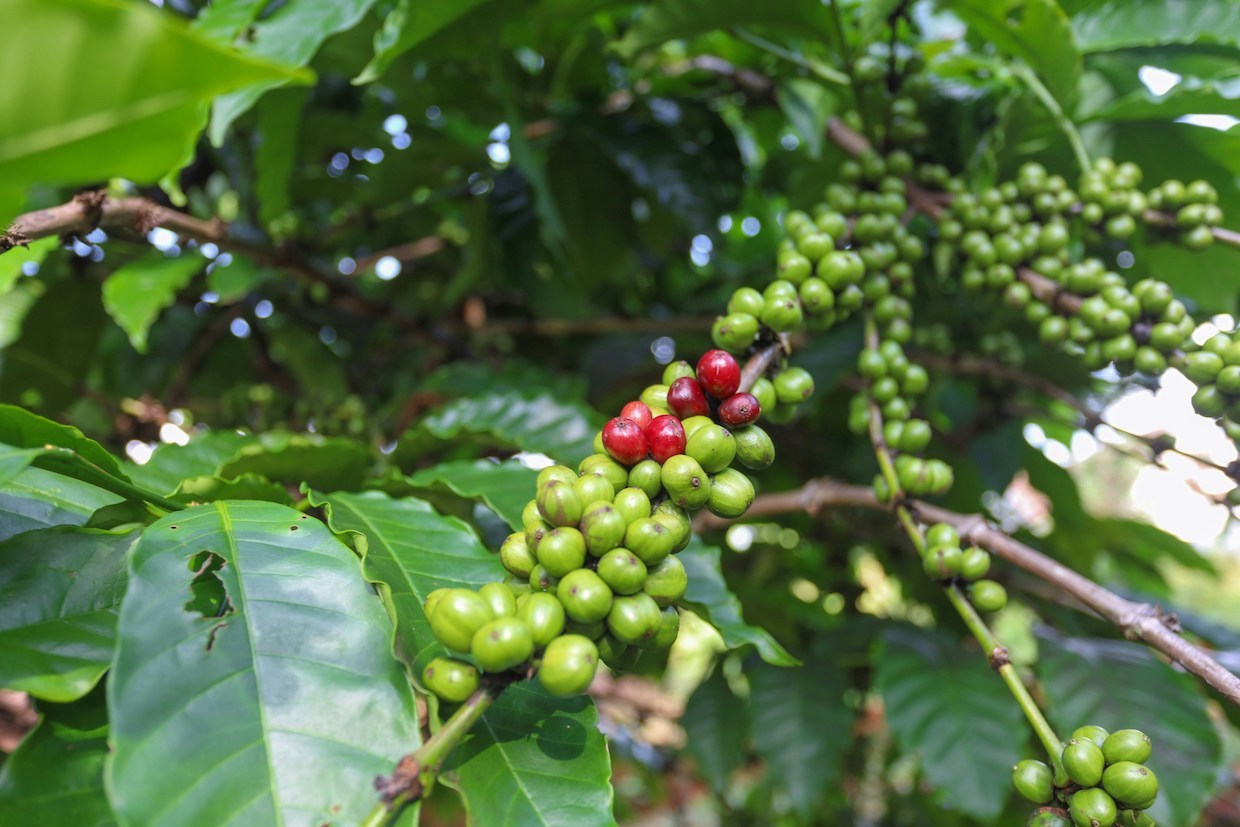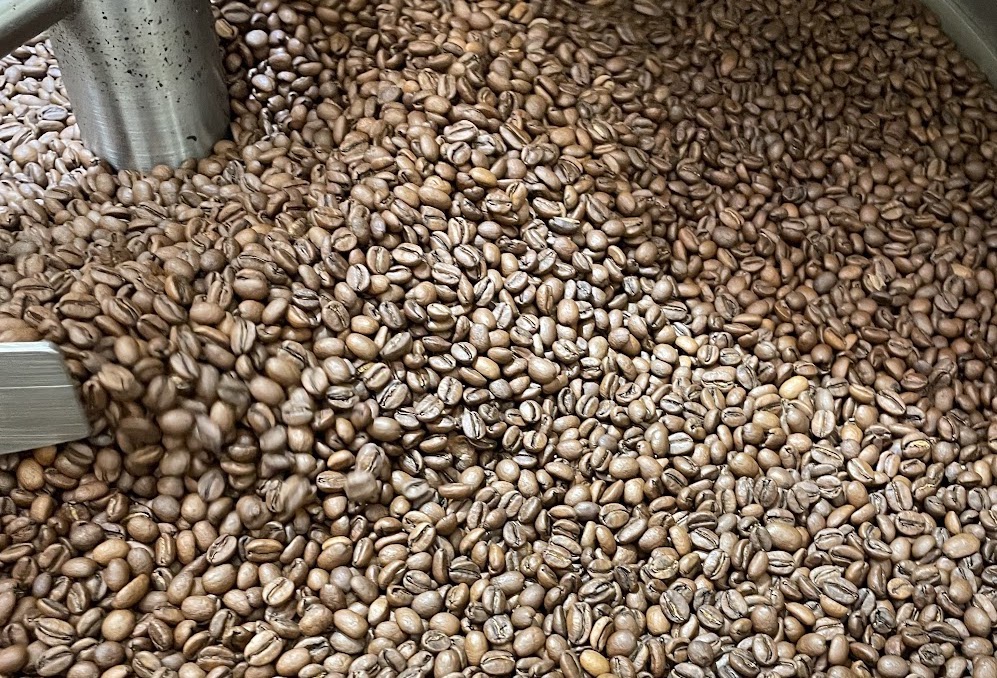Approximately 73% of the green coffee purchased by nine of the world’s largest buyers in 2023 met a recognized baseline sustainability standard, according to the latest annual report from the Global Coffee Platform (GCP).
GCP, a Europe-based membership organization supporting pre-competitive sustainability efforts throughout the global coffee industry, has published versions of the sustainable purchasing report on a nearly annual basis since 2018.
The report has generally shown an uptick in “sustainable” purchases among participating buyers, who voluntarily submit sustainable purchasing data, expressed either in percentages or in absolute volume figures. By comparison, the 2021 report showed sustainable purchases at 55%, while the 2022 report showed sustainable purchasing at 70%.
“The alignment made evident in this report, the growth in numbers and the overall uptake of GCP’s tools is a positive move for the coffee sector,” GCP Executive Director Annette Pensel said in an announcement of the report this week. “Significant additional individual and collaborative efforts are still needed to achieve transformational change.”
At 73%, the 2023 report would seem to be the highest level of sustainable purchasing yet, although year-to-year comparisons are complicated by two key factors: changes in annual participation among data donors, and the evolving sustainability definitions accepted by the GCP.
The group continues adding coffee sustainability certification schemes to its recognized baseline sustainability code, known as the Coffee Sustainability Reference Code. While the code embraces third-party sustainability schemes such as Rainforest Alliance, Fairtrade and 4C, it also allows for in-house sustainability schemes from roasters and traders through what GCP describes as an “equivalence mechanism.”
According to the GCP, companies contributing data to the 2023 report included: JDE Peet’s, Julius Meinl, Keurig Dr Pepper, Melitta Group, Nestlé, Supracafé, Taylors of Harrogate, Tesco and Westrock Coffee.
Those buyers reported a total of 1.88 million metric tons of coffee purchased in 2023, the equivalent of 34.1 million 60-kilo bags. Of that volume, 1.39 million metric tons were identified as “sustainable coffee purchases.” To use that same language, that would put approximately 492,000 metric tons of coffee in the “not sustainable” category (defined in the report as “conventional.”).
Within the total purchase volume (sustainable and not sustainable combined), approximately 53% reflected a third-party certification scheme, while 21% reflected a private sustainability scheme.
Find the full report here. GCP is hosting a webinar on the findings on Tuesday, Nov. 19.
Comments? Questions? News to share? Contact DCN’s editors here.








Comment